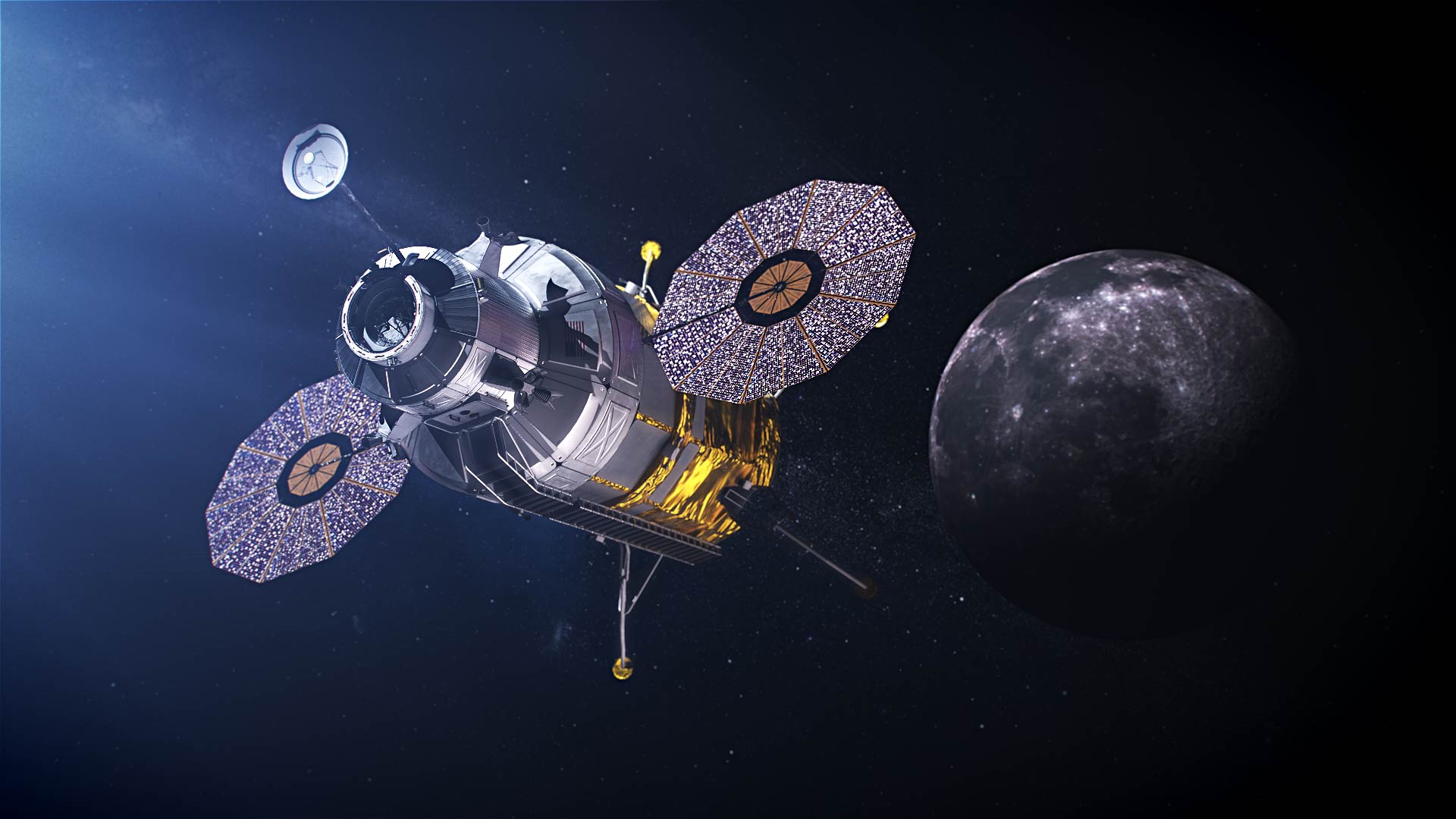
For science-fiction writers, Mars always has been a blank slate on which to write our hopes and project our fears. Ray Bradbury imagined a Mars settled by farmers who cover the red planet with idyllic midwestern American towns. Robert Heinlein, swept up in 1960s counterculture, imagined a Mars where gnostic aliens teach free love, spiritual wisdom and psychic powers to a hippy messiah. More recently, Kim Stanley Robinson’s Red Mars trilogy—science fiction’s War and Peace—imagines a Mars strangely like Berkeley, with a gig economy that allows citizens to spend an inordinate amount of time hiking and pursuing other outdoor recreations. Entrepreneurs, too, use Mars as their canvas—including Elon Musk, who imagines a Martian society that features a system of direct democracy stripped of terrestrial bureaucracy.










